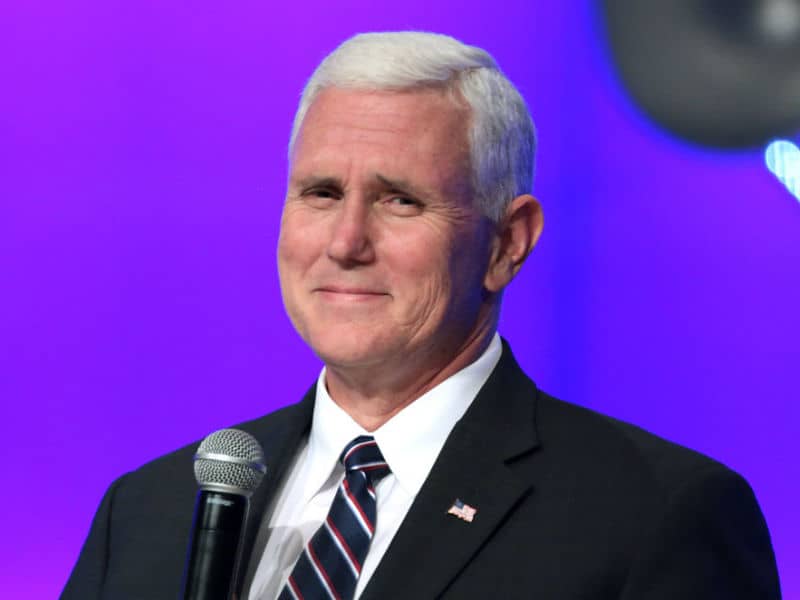Such advice may be strategically sound. I leave that the campaign managers. But from a religious point of view, it makes little sense.
In politics we talk about religion as if it were a quantity that can be measured: a person or a region is said to have more of it while others presumably have less. In reality, religion is a quality constantly in flux, resistant to measurement and precise definition. The best book ever written on religion by an American - and one of the best books by anyone - is William James's "The Varieties of Religious Experience." The title gives away its emphasis: that faith can never be one thing and one thing only. Especially in pluralistic America, there are religions, not religion; beliefs, not belief; truths, not Truth.
Americans generally prefer the heart to the head. We insist that everyone deserves a second chance, and are captivated by personal stories of recovery and discovery. Since all of these traits are as central to evangelicalism as to daytime television, Bush's manner of being religious - testimonial, based on a personal relationship with the deity, and self-confident in its tone - is taken as the only way to be religious. But there are many ways of honoring a Supreme Being, and from the perspective of some of them, including John Kerry's Catholicism, Bush's actions would not seem especially religious at all.
Evangelicals, for instance, assign less importance to religion's outward manifestations - its symbols, its rituals, its liturgical regularity - than Kerry's Catholicism does. For all its well-known taste for Bible study, Bush's tenure has not been an especially ceremonial one. After September 11, Bush called for unity in an impressive and moving ceremony at the National Cathedral in Washington, But the war in Iraq has not been accompanied, as wars traditionally have been, by visual displays of coffins and public grief at funerals.
For his part, John F. Kerry is liable to be reluctant to talk about his religion in the testimonial terms so favored by evangelicals. In his church, faith is expressed through public communion, not by personal declaration. Every time Kerry is seen taking communion, a ritual central to the way Catholics define their faith, he tells Americans what they need to know about his religion without uttering a word. Similarly, were he to become president, my guess is Sen. Kerry would be more ceremonial than President Bush, while discussing faith less.
Protestants and Catholics also differ in the way they treat the distinction between the sacred and the profane. While all religions mark certain days as holy and certain spaces as special, Catholics have more holidays than most-there is a feast or a saint's day nearly every day of the year. As relatively recent immigrants, Catholics typically view these holy days as occasions to celebrate family and community, rather than to work or get ahead.
For Catholics, as in other religious traditions, relieving the sufferings of the poor is one of the highest forms of religious expression. In the great historical divide between Christians who stress faith and those who stress deeds, Catholics stress the latter: their tradition charges them with serving others. (This is the reason Kerry has repeatedly cited the Letter of James cautioning that faith without works is empty.) Doing so through a secular institution such as government is not only appropriate, but required. It would be sinful to be in a position in to relieve suffering and not take action such as increasing welfare benefits or extending medical insurance to children. Bush's championing of church programs to administer social services is not more religious than relying on direct government means simply because it calls itself "faith-based." Each is religious in its own way.
The same is true of issues of war and peace. Conservative Protestants have typically supported American wars on the grounds that the United States has been chosen by God to do great things. Catholics have supported American foreign policy, especially during the cold war, but their anti-war tradition is stronger. Many Catholics, including the pope, have criticized Bush's willingness to go to war, while conservative Christians have mostly honored him for this same policy. But the president and his critics are both motivated by their faith.
Other religions complicate the picture ever further. Bush's faith is manifest in his obvious and oft-stated belief in the existence of a Supreme Being. But for Jews, observance can be more important than belief; if you honor the traditions, you are a good Jew even if you question the existence of God. For Buddhists, there are many gods, not one, and enlightenment does not necessarily include belief in any of them, at least as Christians understand that term.
Jews and Muslims honor traditions as they are embedded in legal codes that have evolved over the centuries. For evangelicals, by contrast, honoring tradition can be wrong if the tradition is found to be inauthentic. Indeed, evangelicals once had a tradition of viewing politics as Satan's work. Had that view persisted, Bush would never have become president of the United States.
Due to the emergence of a political wing of conservative Christianity, Bush has the support of many leaders of conservative Christianity. Religion will therefore play as large a role in the 2004 campaign as it did four years ago. If that role is a divisive one, as if faith were football game and only one side can win, its role will be negative. If it instead reminds all Americans that in this country there is no monopoly on faith, it will strengthen not only religion, but a society in which so many religions have flourished.

